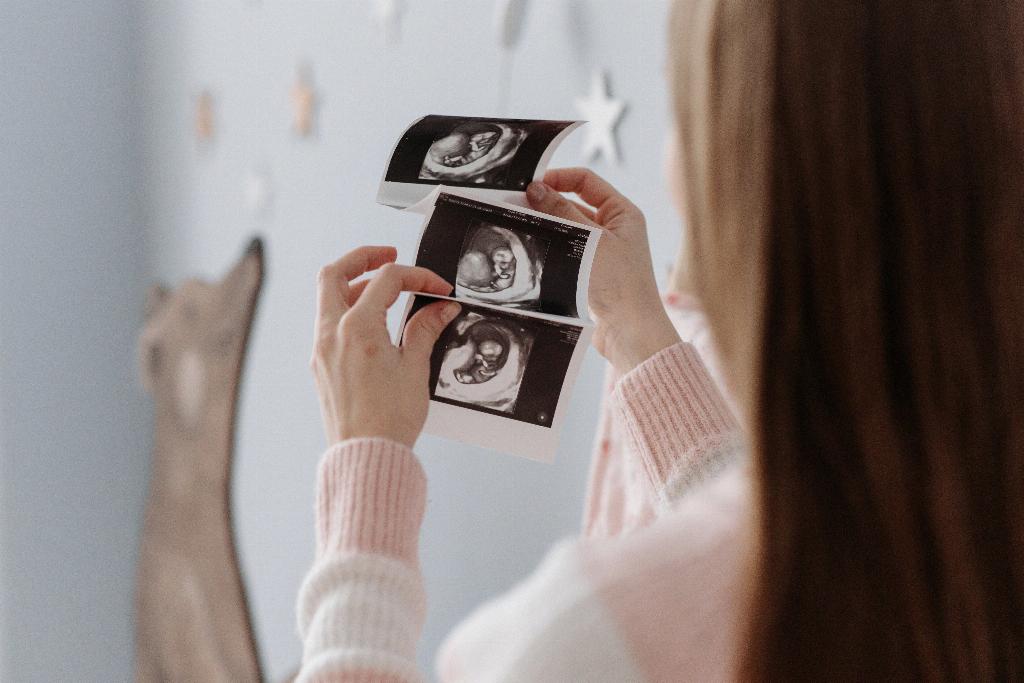Feeling pressure in the uterus during early pregnancy is a common experience that many women may encounter. The changes that your body undergoes during pregnancy, particularly in the first trimester, can lead to various sensations and discomforts, including pressure in the uterus. This phenomenon is often a result of hormonal fluctuations and the physical adjustments that your body makes to accommodate the growing fetus.
Impact of Hormonal Changes
One of the primary reasons for experiencing pressure in the uterus early in pregnancy is the surge in hormonal levels. Hormones play a crucial role in preparing the body for pregnancy and sustaining the pregnancy. The increase in hormones can lead to changes in the muscles and ligaments surrounding the uterus, causing a sensation of pressure or discomfort in the pelvic region.
Effects on Digestive System
Moreover, the hormonal changes during early pregnancy can affect the digestive system. As hormone levels rise, digestion may slow down, leading to constipation or bloating. These digestive issues can contribute to a feeling of pressure in the uterus as well. It is essential to maintain a healthy diet and stay hydrated to support proper digestion during this phase.
Uterine Growth and Expansion
As the pregnancy progresses, the uterus undergoes significant changes to accommodate the developing fetus. The expansion of the uterus to create space for the growing baby can also cause sensations of pressure or heaviness in the pelvic area. This natural process of uterine growth is necessary for a healthy pregnancy, but it can result in discomfort for some women.
Round Ligament Pain
Another factor that can contribute to feelings of pressure in the uterus is round ligament pain. The round ligaments support the uterus and expand to accommodate the growing baby. As these ligaments stretch and adjust to the increasing size of the uterus, you may experience sharp or dull pains in the lower abdomen, which can be described as pressure or pulling sensations.
Increased Blood Flow
During pregnancy, there is a significant increase in blood flow throughout the body to support the developing fetus. The heightened blood circulation can also cause a feeling of fullness or pressure in the pelvic region. This increase in blood volume is a normal physiological response to pregnancy, but it can contribute to discomfort for some women.
Consultation with Healthcare Provider
If you are experiencing persistent or severe pressure in the uterus during early pregnancy, it is essential to consult your healthcare provider for guidance and evaluation. While occasional discomfort is normal, any persistent or worsening symptoms should be addressed promptly to rule out any potential complications and ensure the well-being of both you and your baby.
Understanding Your Body
Every woman’s body responds differently to the changes of pregnancy, and what may be normal for one individual may not be the same for another. It is important to listen to your body and pay attention to any new or unusual sensations you may experience. Keeping an open line of communication with your healthcare provider can help you navigate through the various discomforts that may arise during pregnancy.
Self-Care and Relief Measures
There are several self-care strategies that can help alleviate the pressure in the uterus during early pregnancy. Engaging in light exercises, such as prenatal yoga or gentle stretching, can help relieve muscle tension and promote relaxation. Additionally, practicing good posture and using supportive pillows while resting can ease some of the discomfort associated with uterine pressure.
Emotional Support
It is normal to feel anxious or overwhelmed by the physical changes and discomforts of early pregnancy. Seeking emotional support from your partner, family, or friends can provide reassurance and comfort during this transformative time. Remember that it is okay to prioritize self-care and take time to rest and relax as needed.
Final Thoughts
In conclusion, feeling pressure in the uterus during early pregnancy is a common occurrence that can be attributed to hormonal changes, uterine growth, round ligament pain, increased blood flow, and digestive issues. While occasional discomfort is normal, it is important to monitor your symptoms and seek medical advice if you have concerns about persistent or severe pressure in the pelvic region. Remember to prioritize self-care, stay hydrated, and listen to your body as you navigate through the journey of pregnancy.

